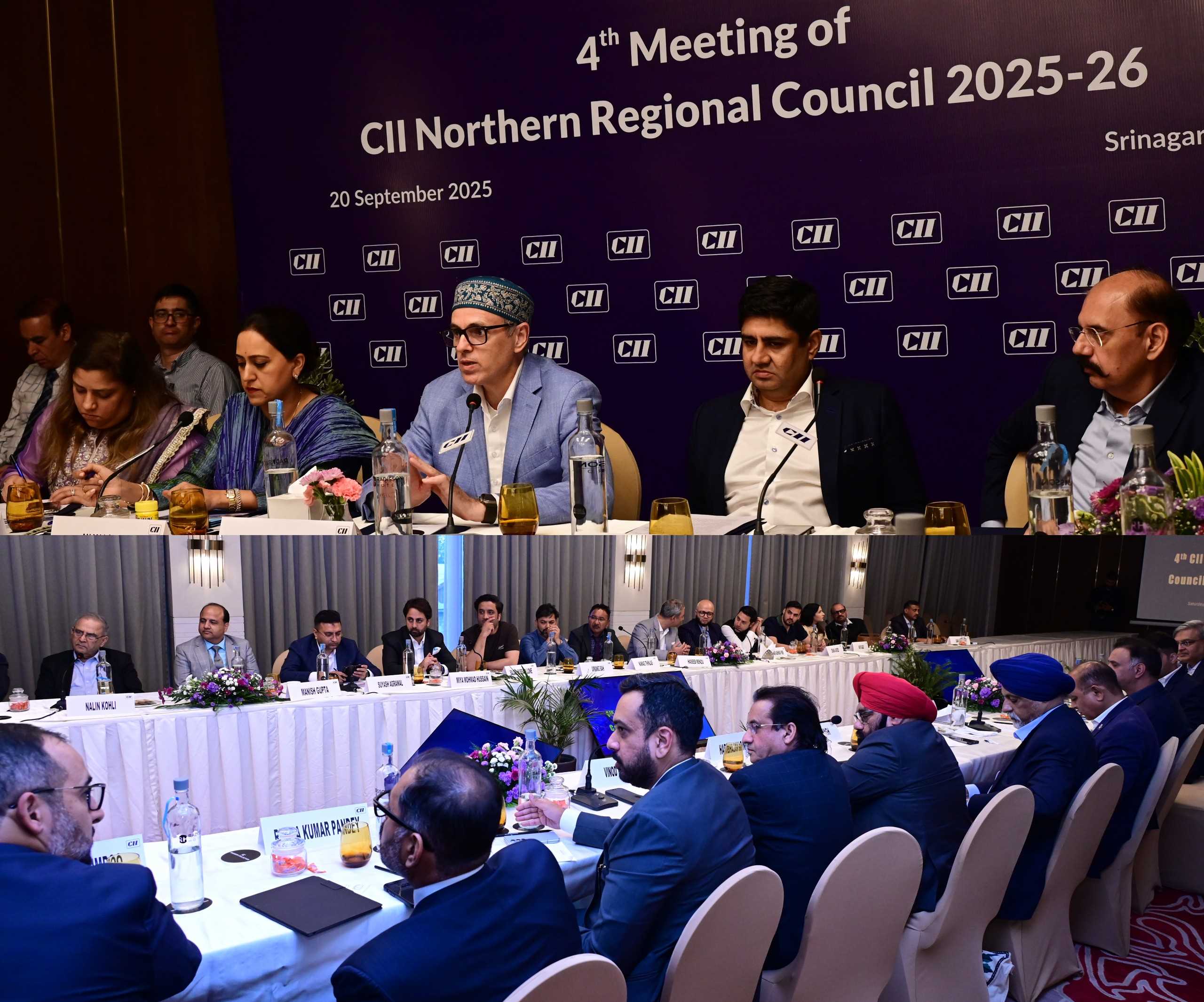
Many countries are facing internet disruptions including India, Pakistan, and parts of the Middle East following damage to subsea cable systems in the Red Sea. The disruption is a reminder of the invisible fragility that underpins our hyper-connected lives where a single fibre snap, hidden deep beneath ocean waters, can ripple outward to paralyze economies and unsettle societies to reveal just how delicate the architecture of global connectivity truly is, even of briefly. Though we often take Internet for granted, our idea of connectivity is not an ethereal, limitless “cloud.” Rather, it is a vast and intricate web of undersea fibre-optic cables which transmit pulses of light that carry more than 95 percent of the world’s digital traffic. Without them, our daily routines and that of billions in banking sector, medicine, business and classroom lessons among other sectors would grind to a halt. This latest incident, which forced even Microsoft to reroute Azure traffic to alternative paths, underscores that even the most powerful technology firms are vulnerable to the weakest link in this chain. Geography makes the Red Sea a particularly sensitive node. Just as the Suez Canal channels global shipping, the waters off Jeddah and Suez channel some of the world’s most critical data flows. A handful of cables in this narrow corridor weave Europe, Asia, and Africa into the same digital fabric. Damage in such a choke point does not remain local; it cascades across entire regions and continents. The latest outage in the Gulf, South Asia and beyond illustrates the interdependence of our digital economies and how easily one region’s fracture can destabilize another’s. We need to draw sobering lessons from this crisis. The physicality of the internet needs to be acknowledged. We must understand that infrastructure enabling our seamless communication is vulnerable, whether to accidental ship anchors, natural forces or human sabotage. In such circumstances, building more routes, more landing stations and stronger domestic backbones should be a priority for the world leaders. Second, these cables are increasingly strategic. In an age of geopolitical rivalry, undersea networks are lifelines of national security and economic stability. International norms and agreements safeguarding shipping lanes. Finally, we as people must cultivate resilience. The recent disruption is a reminder that complete dependence on uninterrupted connectivity is risky. Having backup infrastructures such as regional data centers and satellite internet constellations will ensure that an accident at sea does not instantly paralyze entire regions on land. The Red Sea cable cuts illustrates a paradox: our modern world is built on fragile threads of glass stretched across seabeds. To secure the future, we must learn to protect and diversify these silent connectors which act as the nervous system of our planet.

Many countries are facing internet disruptions including India, Pakistan, and parts of the Middle East following damage to subsea cable systems in the Red Sea. The disruption is a reminder of the invisible fragility that underpins our hyper-connected lives where a single fibre snap, hidden deep beneath ocean waters, can ripple outward to paralyze economies and unsettle societies to reveal just how delicate the architecture of global connectivity truly is, even of briefly. Though we often take Internet for granted, our idea of connectivity is not an ethereal, limitless “cloud.” Rather, it is a vast and intricate web of undersea fibre-optic cables which transmit pulses of light that carry more than 95 percent of the world’s digital traffic. Without them, our daily routines and that of billions in banking sector, medicine, business and classroom lessons among other sectors would grind to a halt. This latest incident, which forced even Microsoft to reroute Azure traffic to alternative paths, underscores that even the most powerful technology firms are vulnerable to the weakest link in this chain. Geography makes the Red Sea a particularly sensitive node. Just as the Suez Canal channels global shipping, the waters off Jeddah and Suez channel some of the world’s most critical data flows. A handful of cables in this narrow corridor weave Europe, Asia, and Africa into the same digital fabric. Damage in such a choke point does not remain local; it cascades across entire regions and continents. The latest outage in the Gulf, South Asia and beyond illustrates the interdependence of our digital economies and how easily one region’s fracture can destabilize another’s. We need to draw sobering lessons from this crisis. The physicality of the internet needs to be acknowledged. We must understand that infrastructure enabling our seamless communication is vulnerable, whether to accidental ship anchors, natural forces or human sabotage. In such circumstances, building more routes, more landing stations and stronger domestic backbones should be a priority for the world leaders. Second, these cables are increasingly strategic. In an age of geopolitical rivalry, undersea networks are lifelines of national security and economic stability. International norms and agreements safeguarding shipping lanes. Finally, we as people must cultivate resilience. The recent disruption is a reminder that complete dependence on uninterrupted connectivity is risky. Having backup infrastructures such as regional data centers and satellite internet constellations will ensure that an accident at sea does not instantly paralyze entire regions on land. The Red Sea cable cuts illustrates a paradox: our modern world is built on fragile threads of glass stretched across seabeds. To secure the future, we must learn to protect and diversify these silent connectors which act as the nervous system of our planet.
© Copyright 2023 brighterkashmir.com All Rights Reserved. Quantum Technologies